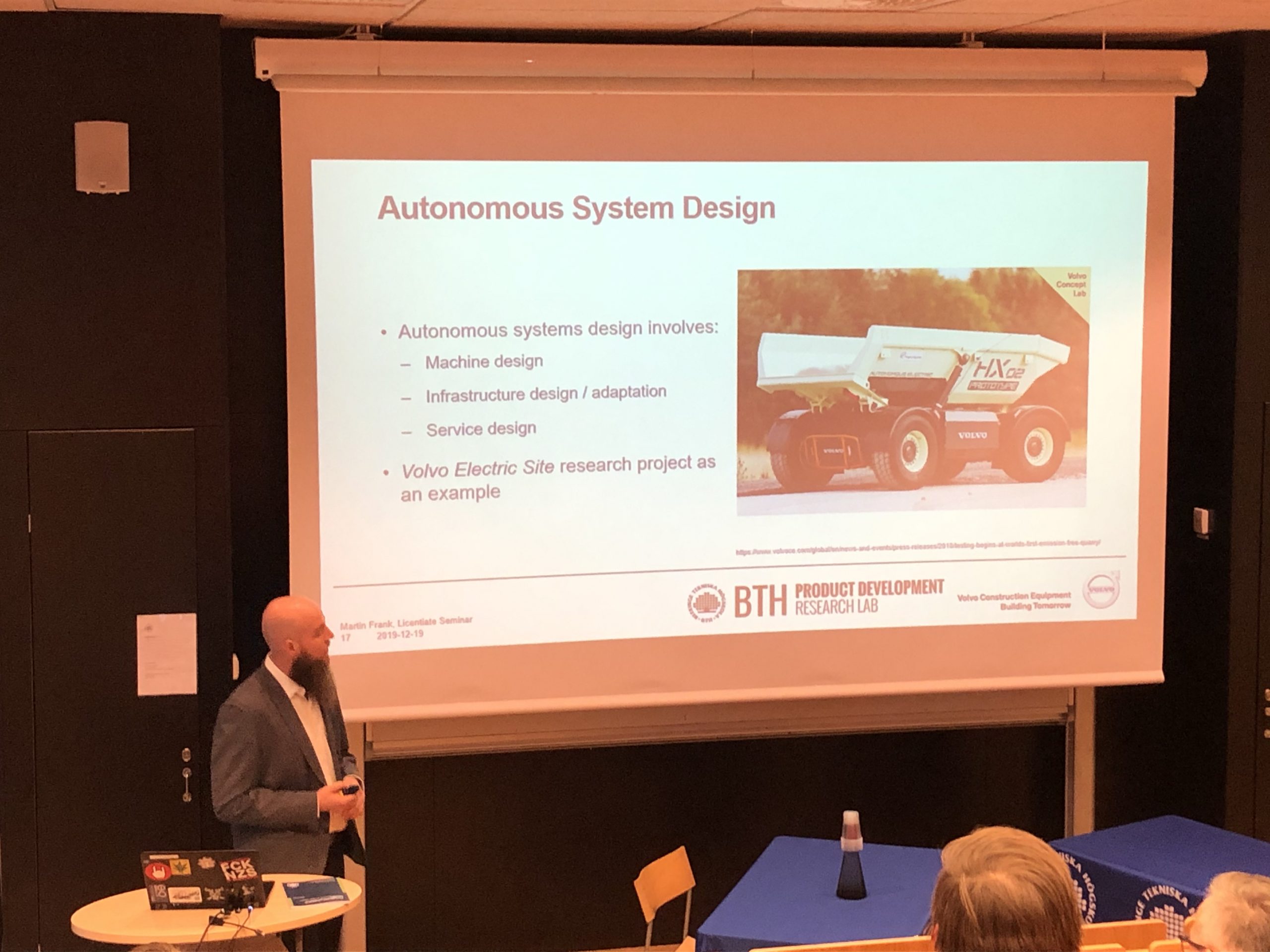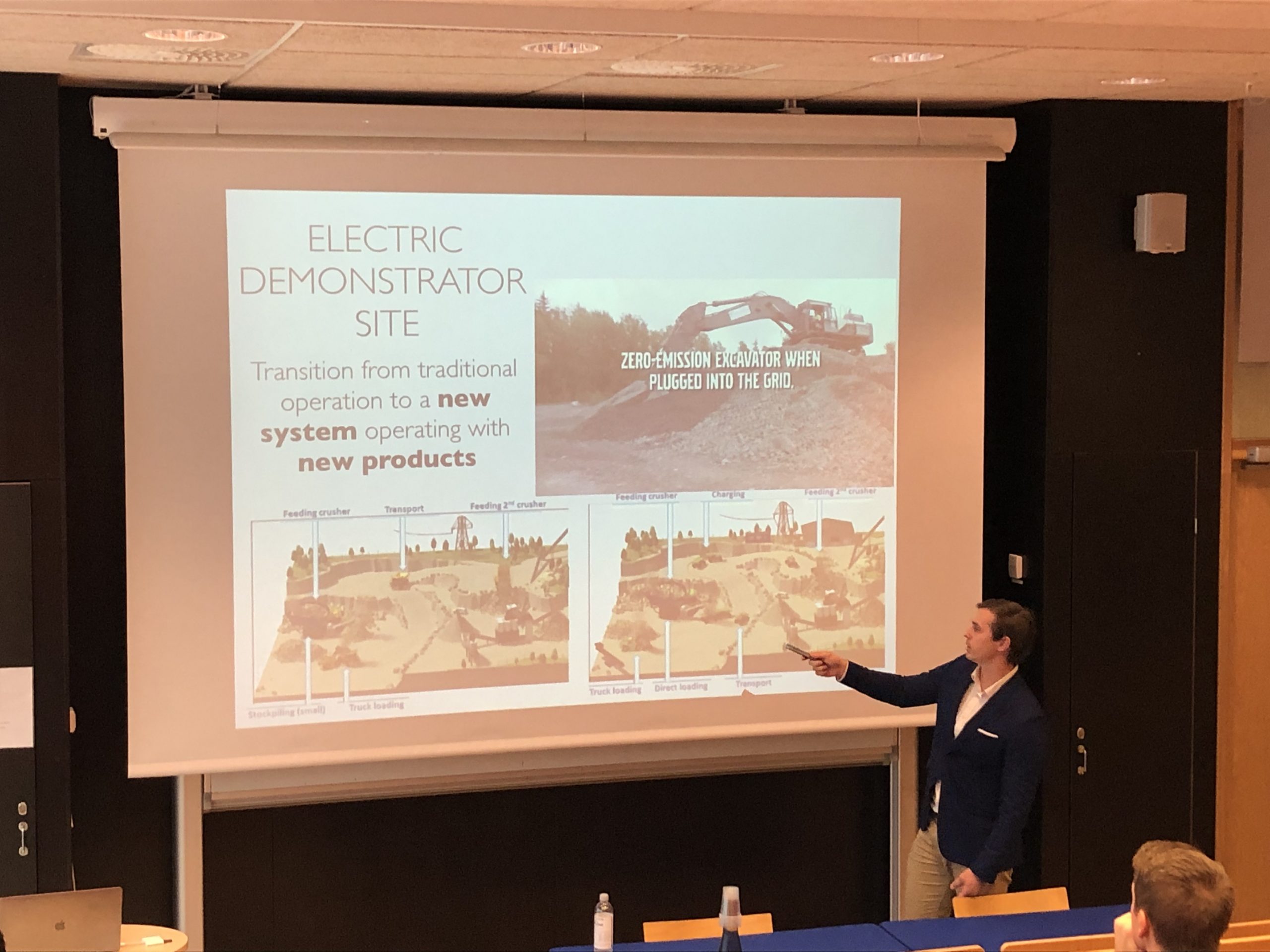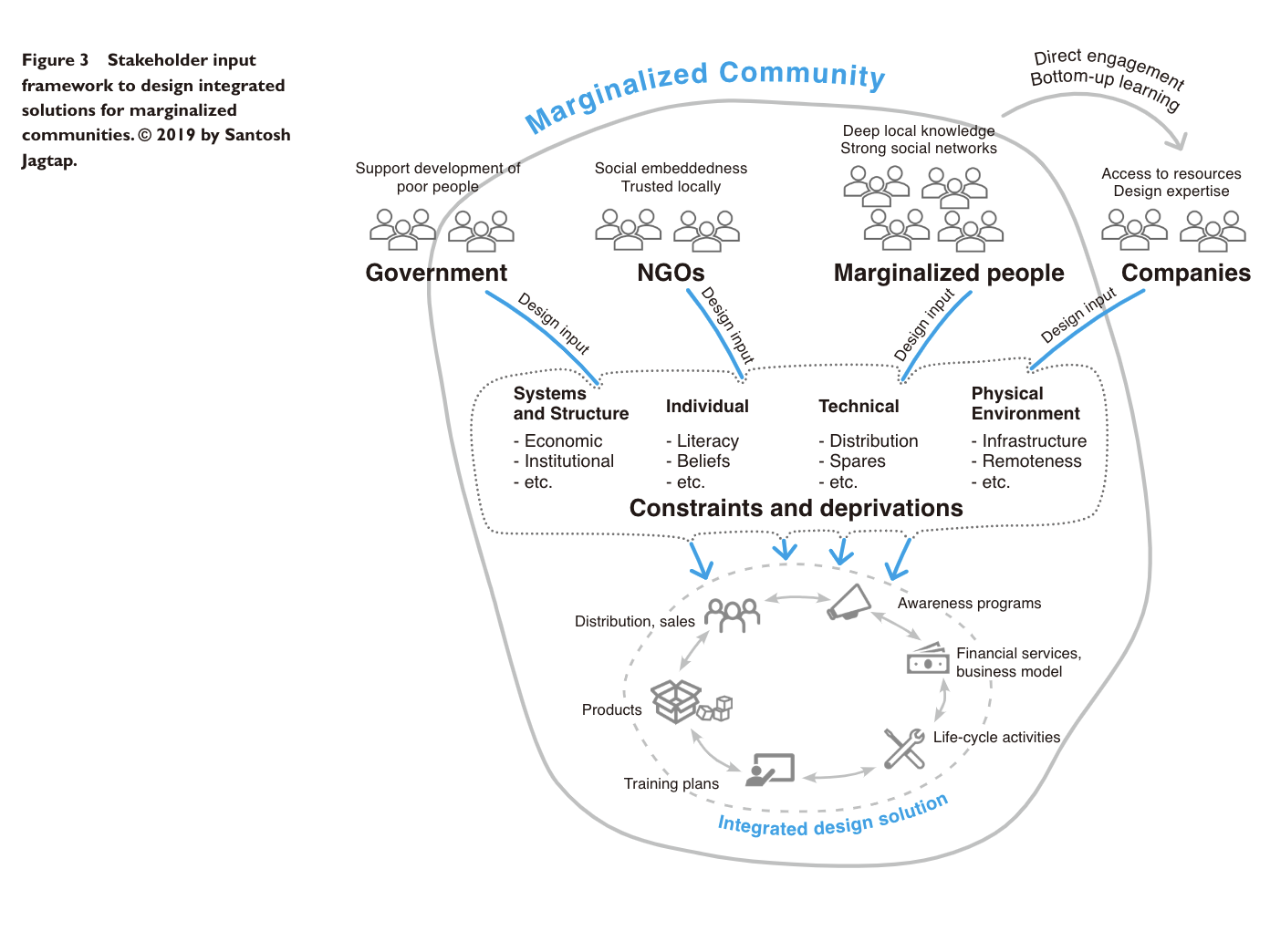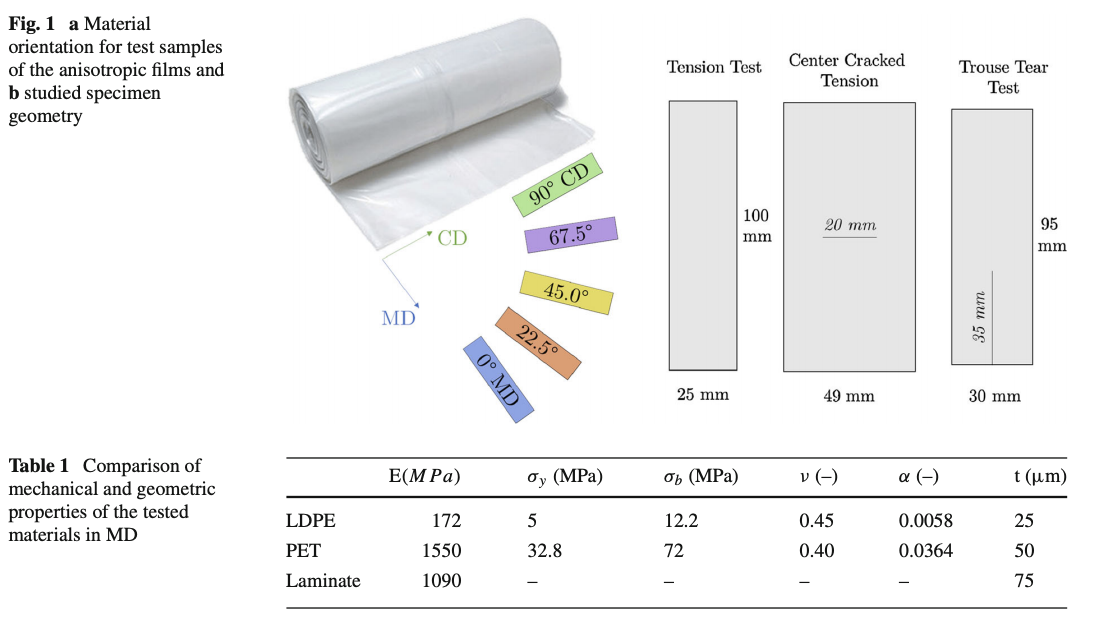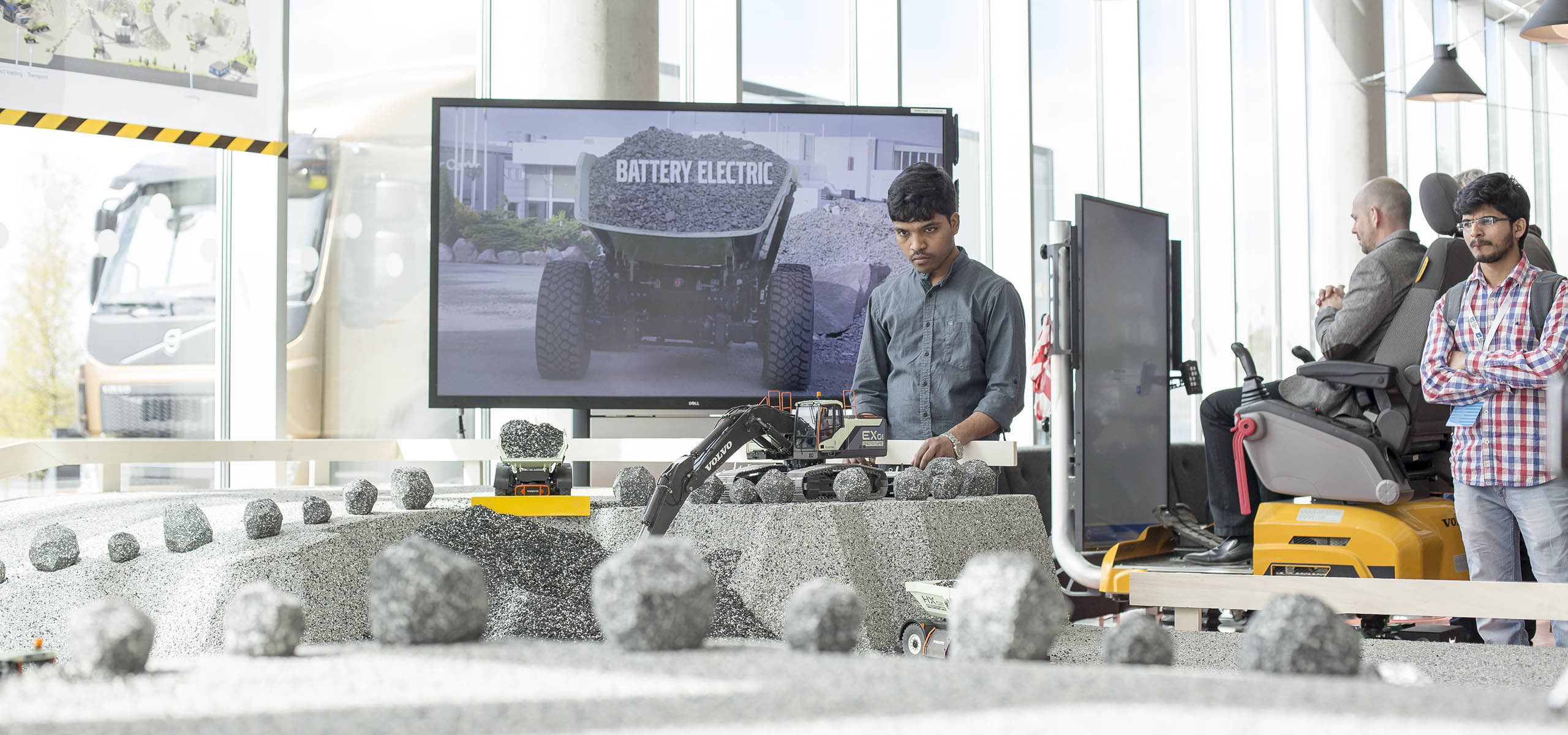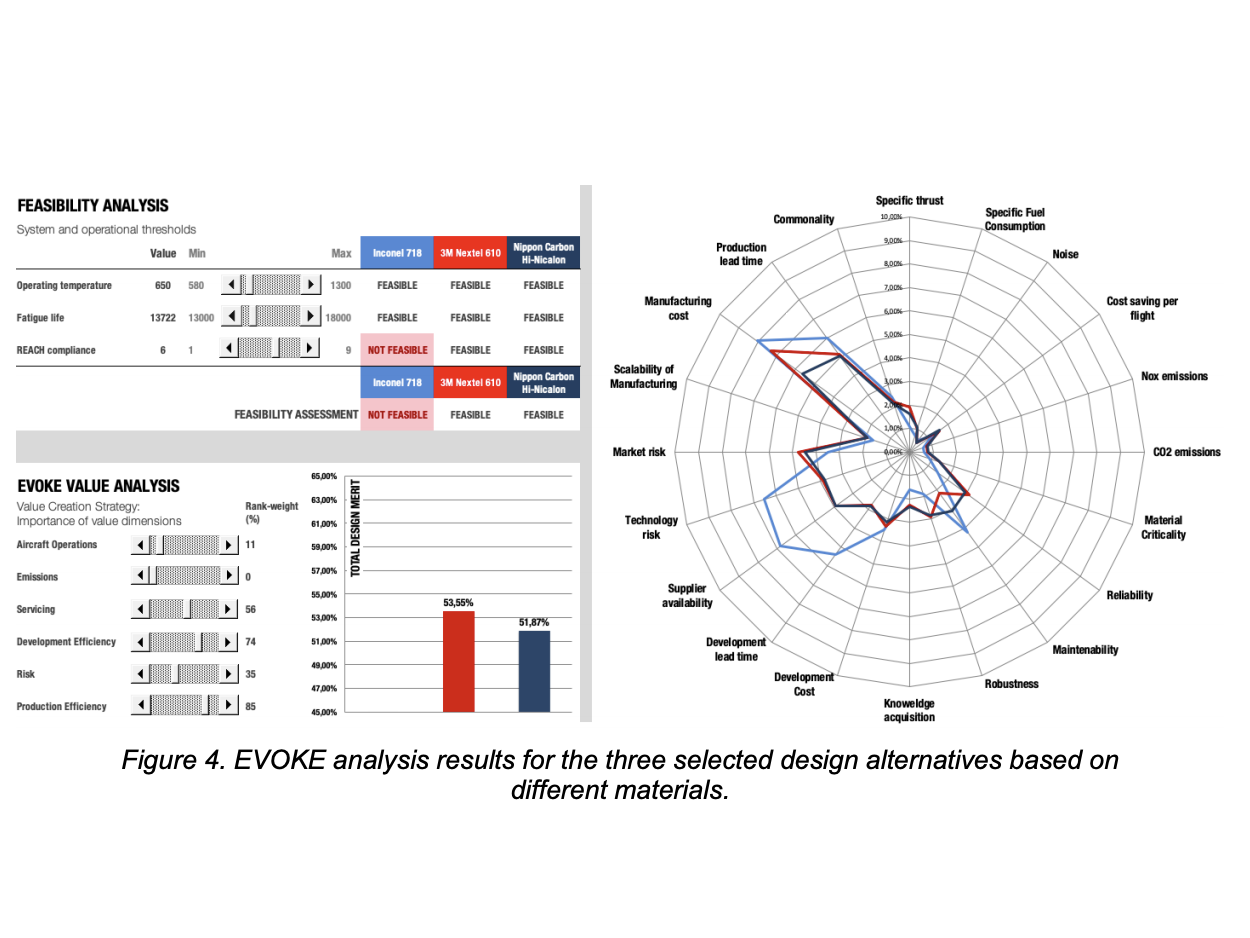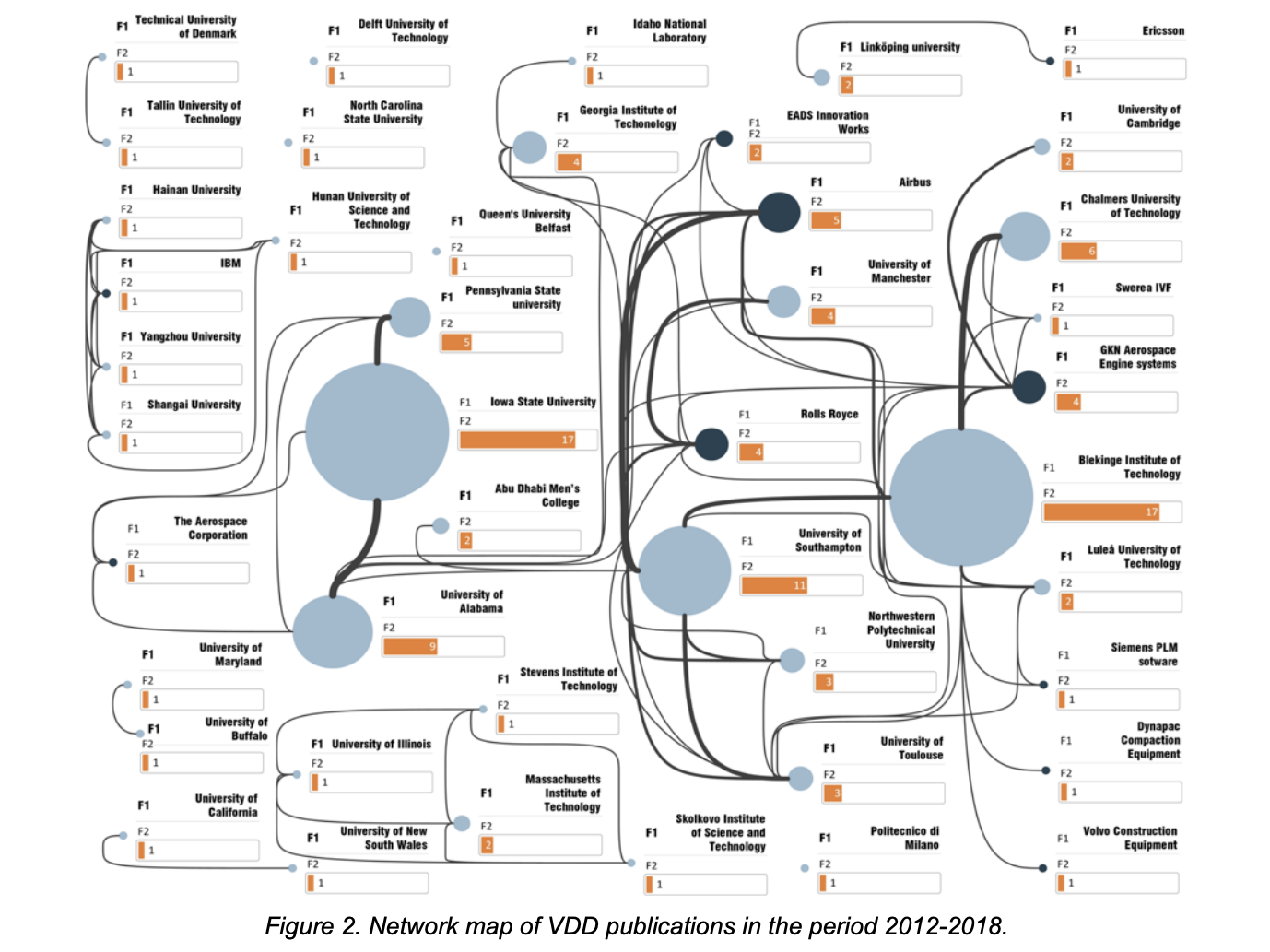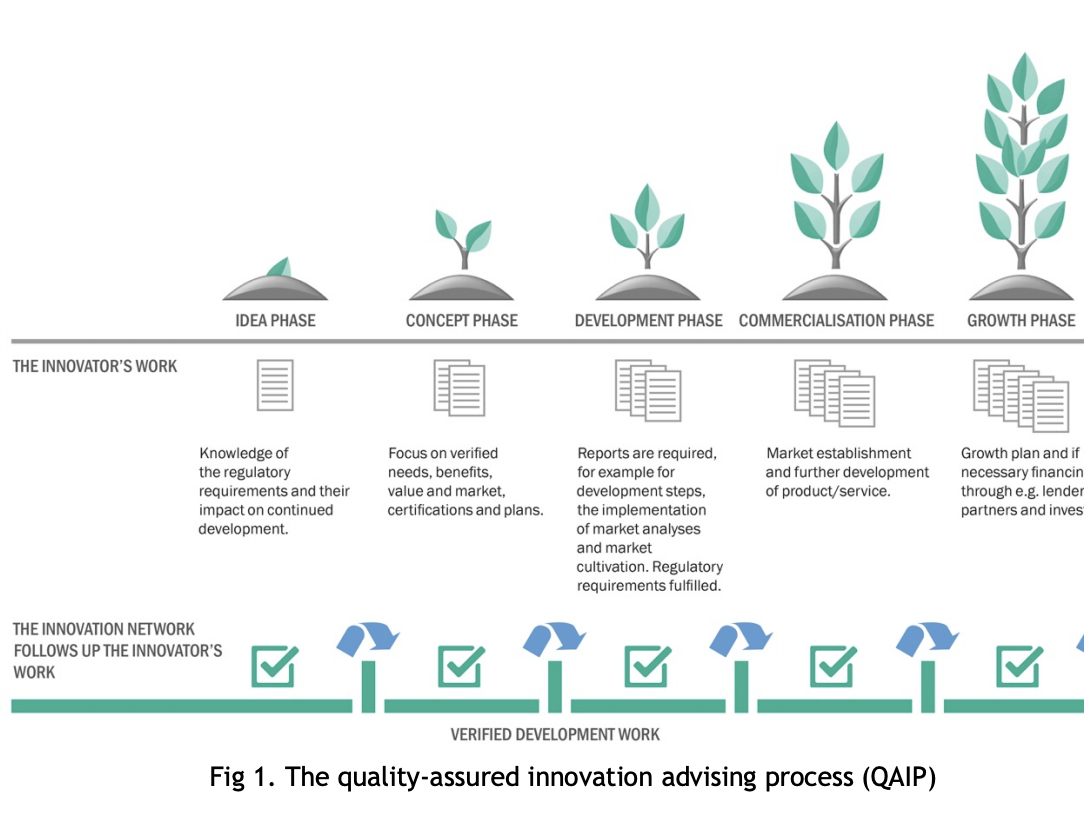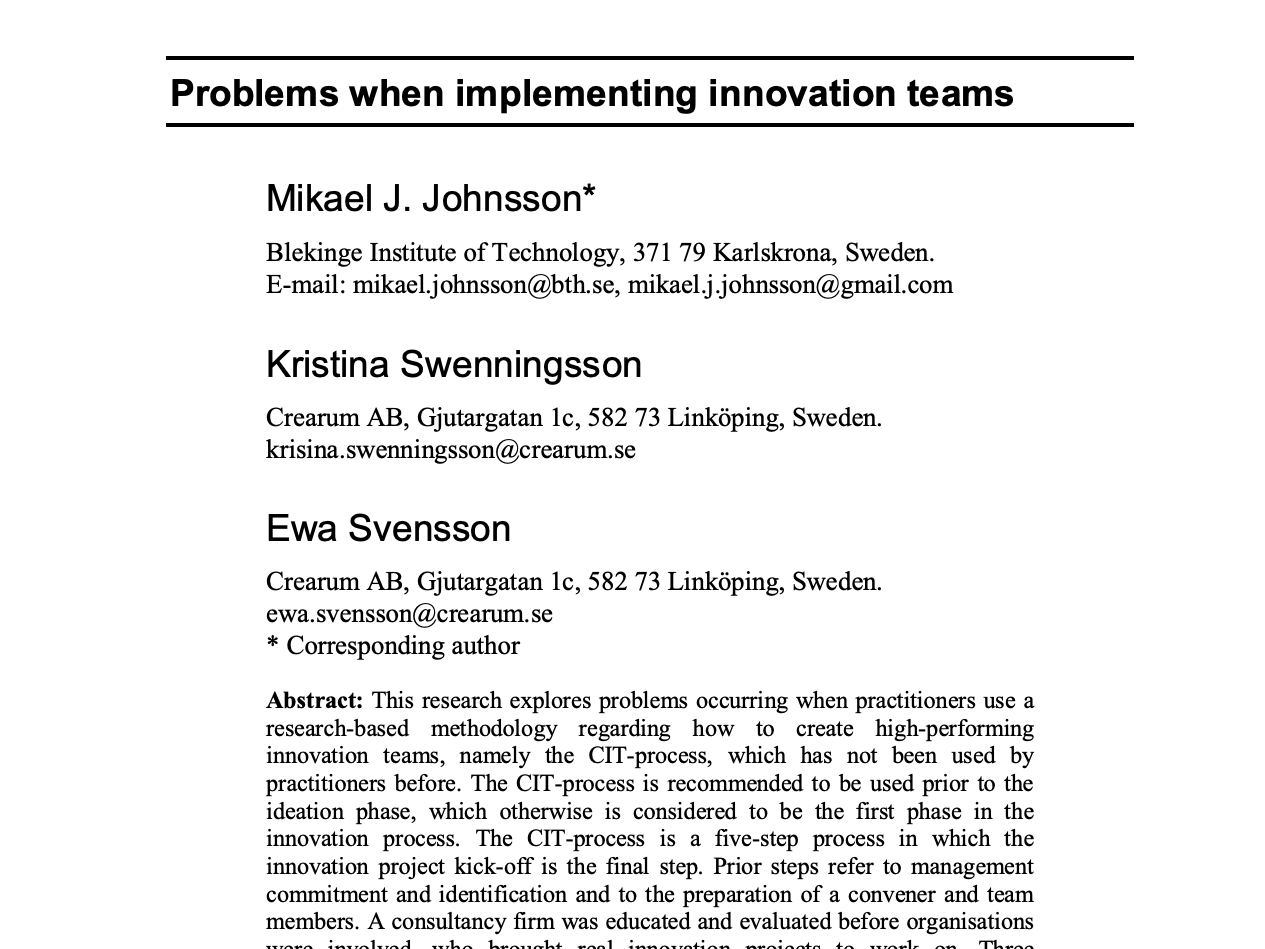Sravan Tatipala presented his licentiate thesis entitled “Sheet metal forming in the era of industry 4.0: using data and simulations to improve understanding, predictability and performance” in front of an interested audience both present, and via online, on Friday afternoon. Sravan presented the context and motivation for his research and then took the audience through […]
Read More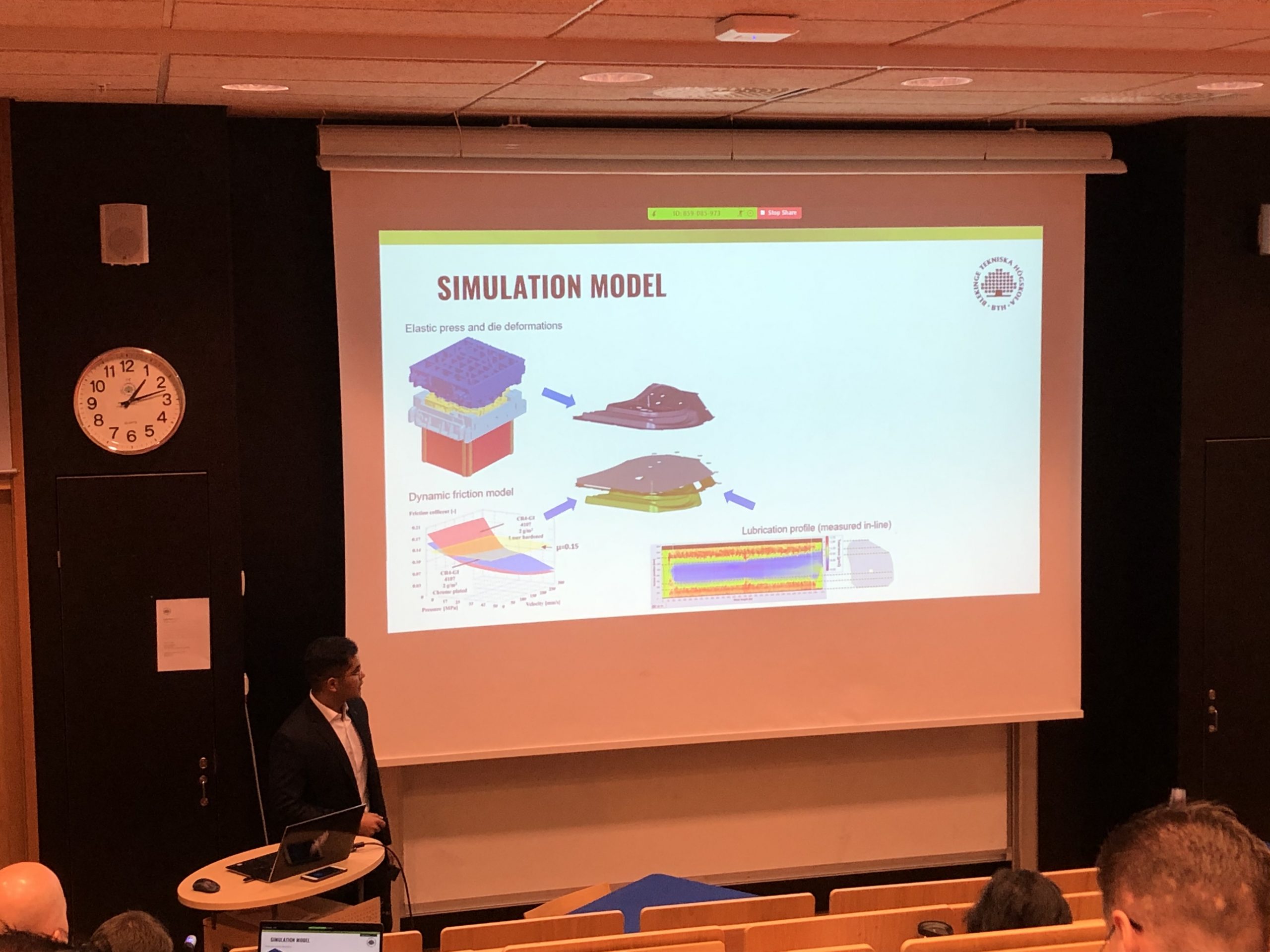
Congratulations Sravan Tatipala, Licentiate in Mechanical Engineering!
- 20th December 2019
- 3 Comments

